
Consortium Partners

Ars Electronica is a leading cultural institution, educational facility and R&D lab based in Linz, Austria. Its comprehensive approach to techno-cultural phenomena has brought Ars Electronica a worldwide reputation for excellence. Its four divisions mutually inspire one another in a circuit of creativity. The Ars Electronica FESTIVAL and PRIX set up a stage for the best and brightest international, artistic, cutting-edge experimentations each year. The Ars Electronica CENTER is a year-round presentation & interaction platform intended to educate and entertain local audiences. The FUTURELAB is an innovative, creative R&D facility, endowed with strong technical competence and implementation skills, and linked up to a global network of universities & research facilities.
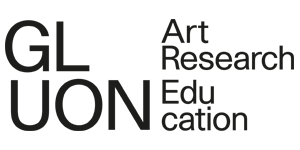
Gluon is a Brussels‐based non‐profit organisation that realises projects on the crossing borders of visual art, research and industry. Gluon’s Art & Research department aims to maximise collaborations between artists, researchers and companies, and support scientists through residencies in artists’ studios. These interactions lead to artistic and philosophical outcomes or innovative ideas, services and products in non‐artistic sectors such as education, health care, ecology, cultural diplomacy and community building. The alliances developed within Art&Research reinforce GLUON’s educational programme, aiming to bring technological innovation closer to young people, through an educational STEAM programme in Brussels and abroad.
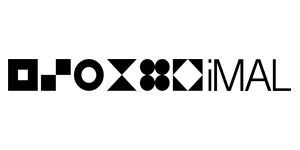
iMAL is a space which aims to connect artists, thinkers, makers and citizens from Belgium and abroad and to offer its completely renewed infrastructure to support a programme focussing on research, production and presentation. Following artistic practice in all its phases and facets, iMAL is directly connected to the latest social challenges, trends and technological developments. As a workshop, laboratory and presentation platform at the intersection of art, technology, science and society, it occupies a unique position by connecting contemporary art production with other fields – locally, nationally and internationally. iMAL wants to use this view to inspire and encourage citizens to actively participate in the latest digital cultures, but also to empower them and teach them to be critical of the challenges associated with the digital revolution.
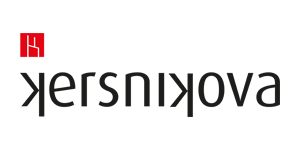
Kersnikova Institute is a cultural and educational organisation and production platform for artists and projects on the intersection of art, science and technology. Along with developing and exhibiting artworks in Kapelica Gallery the organisation encompasses an extensive programme of educational activities and has established an infrastructure of wet and mechatronic laboratories to support them. Kersnikova brings into the project decades of experience of working with artists on new evolving projects that incorporate living systems, biotechnologies and a recent focus on AI, but also new ways of peer2peer, DIY, open source and hands-on learning within educational activities. The platform expanded with its collaborations with experts, institutes and economic sector which are integrated into the creative process.
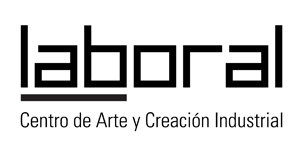
LABoral is a multidisciplinary institution that creates, disseminates and promotes access to new forms of culture based on the creative use of new technologies. Since 2007 it has offered a transversal programme with the aim of favouring access to culture for all kinds of audiences. The Art Centre acts as a platform for the exchange of knowledge and access to tools to support artists and creators in the development of cultural projects and the communities in their immediate surroundings in the acquisition of a critical and creative vision of technology. LABoral’s objective is to anchor itself in the local environment to foster a dynamic relationship between the artistic and creative communities of Asturias and the rest of the world. LABoral is an initiative of the Government of the Principality of Asturias to promote technological culture as the axis of a strategy aimed at introducing alternative and sustainable models for the future.

Οnassis Stegi lies at the heart of Onassis Culture, the Foundation’s cultural engagement. Onassis Stegi is the place where contemporary culture meets aesthetics and science. The place where courageous, restless, daring Greek artists find the means to showcase their work; the place where international collaborations are nurtured; the stage on which the boundaries between science, art, society, education, learning and politics are renegotiated. Above all, Onassis Stegi is the space where questions are asked which feed the mind and spirit, which query givens, with this ideal ultimate goal: generating actions, interventions and ideas which shape and shake society. The Onassis Stegi building hosts theatrical and musical productions, film screenings, art and digital shows, but its activities and central concept extend beyond the four walls of the center on Syngrou Avenue.
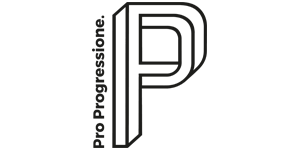
Pro Progressione believes in interdisciplinary creation, in a mutual exchange between disciplines, art forms and actors of social and artistic fields. Their overall objective is to create an international network of artists, institutions, and audiences by helping the communities to find their path towards arts. Pro Progressione has a wide network of artists and cultural institutions and strong project management skills. Pro Progressione is experienced in delivering Creative Europe projects with a cross-sectoral focus that connect tangible and intangible heritage professionals, cultural heritage sites, contemporary arts, narrative building and new technologies.
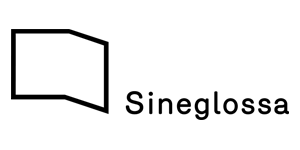
Sineglossa is a cultural organization that fosters new sustainable development models in response to global challenges by applying the processes of contemporary art. Our approach is inspired by the idea of a “New Renaissance”: through contamination between humanities and science, we seek beautiful, sustainable and inclusive solutions. That is why we work within hybrid ecosystems involving artists, scientists, entrepreneurs and humanists – but also universities, public administrations and local communities. We want to experiment and share new tools for interpreting and transforming the present, capable of confronting its complexity. To redefine the values that guide our choices and imagine, together, other possible and more humane futures. Sineglossa develops projects within a constitutionally and ambitiously European framework and it’s an official partner of the New European Bauhaus.
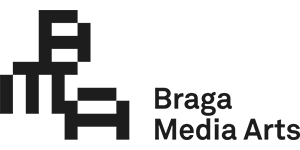
Braga Media Arts is the coordinating and implementing structure of the UNESCO Creative City in media arts program in Braga, Portugal. It is currently the only city in the Iberian Peninsula to hold this title and is part of a global network of cities that are leading UNESCO’s efforts to promote innovation and creativity as drivers of sustainable and inclusive urban development. Since its inception, Braga Media Arts has been providing comprehensive support to the local cultural scene through a range of programs. These programs include “Circuito”, an educational program focused on art and technology for schools and the wider community, “Index”, a biennial event showcasing art and technology, as well as cooperation and internationalization programs for artists, creatives, and entrepreneurs from the cultural and creative sector. Managed by Teatro Circo de Braga, the municipal cultural company of Braga, Braga Media Arts is committed to promoting and developing a permanent partnership with gnration, a venue for creation, performance, and exhibition.

A result of Braga 2012 – European Youth Capital, gnration is a place for creation, performance and exhibition within the domain of contemporary music and the relationship between art and technology. Through a sustained strategy of a continue openness to the community, it wishes to assert itself as a unifying center for cultural and creative dynamic, taking up its position as a space geared towards the awareness and formation of new audiences, exposing them to relevant artistic practices, in light of a contemporary and cosmopolitan perspective. Managed by Teatro Circo de Braga, the municipal cultural company of Braga (Portugal), gnration develops a permanent work with Braga Media Arts, the programme of Braga as a UNESCO Creative City for Media Arts.
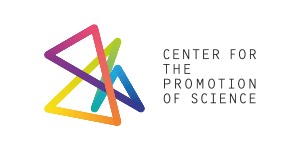
The Center for the Promotion of Science (CPN) is a public entity from Belgrade, Serbia, established in 2010 with the task to promote and communicate science and technology. The Center, according to its mandate, cooperates with research and educational institutions at all levels in Serbia and worldwide, works closely with government ministries as well as media, private sector and civil society. CPN’s goal is to influence and adapt general research agendas to reflect the needs of society. A valuable example in this context is the effort to promote gender equality in research and technology, in actions such as motivating girls to study science or organising coding classes for them. Citizen science and co-creation methodologies, art and science collaborations, diverse educational programmes underlying STE(A)M concept, are instrumental and guiding approaches of the CPN work.

The Culture Yard is located at the harbour in Elsinore and together with the Maritime Museum of Denmark and Kronborg Castle forms the area Kulturhavn Kronborg. The Culture Yard is North Zealand’s largest culture house and with the city’s older culture house Toldkammeret provides stages and spaces for a wide range of local, national and international cultural events all year round. One organisation with two houses delivers a broad and diverse cultural programme with both tradition and unexpected artistic experiences. Visitors can find concerts, lectures, debates, films, theater, communal dining, family events and citizen-generated activities.
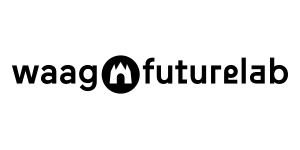
Waag is a Future Lab for technology and society. Based on an understanding that technology is not neutral, Waag reinforces critical reflection on technology, develops technological and social design skills, and encourages social innovation. Waag works in a trans-disciplinary team of designers, artists and scientists, utilising public research methods in the realms of technology and society. This is how Waag empowers as many people as possible to design an open, honest and inclusive future. With the public research method, Waag aims to explore the boundaries of European digital public spaces mainly through the collaboration with artists, experts and advocates for democratic use of emerging digital technologies.
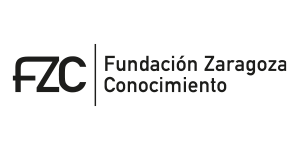
Zaragoza City of Knowledge Foundation (FZC) / Etopia is a private non-profit foundation founded in 2004. Its founding objectives include the dissemination – at all levels in the city of Zaragoza (and beyond at Spanish and international level) – of the progress made by Knowledge Society to construct a more participative, equalitarian, inclusive, and innovative society; to open up to new development expectations offered by the intersection of art, science and technology and focus to erase digital gaps in groups in danger of social exclusion. The Foundation headquarters are located, since 2013, at Etopia Centre for Art and Technology, a municipal facility of the city of Zaragoza with more than 16,000 square metres dedicated to digital art, artistic residencies, creative technologies, citizen science and entrepreneurship where the foundation acts as the coordinating entity in charge the programme.


